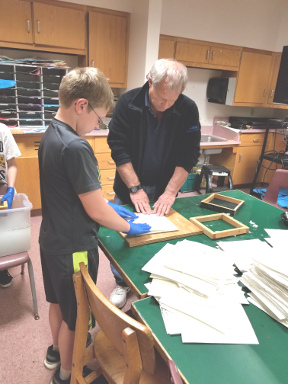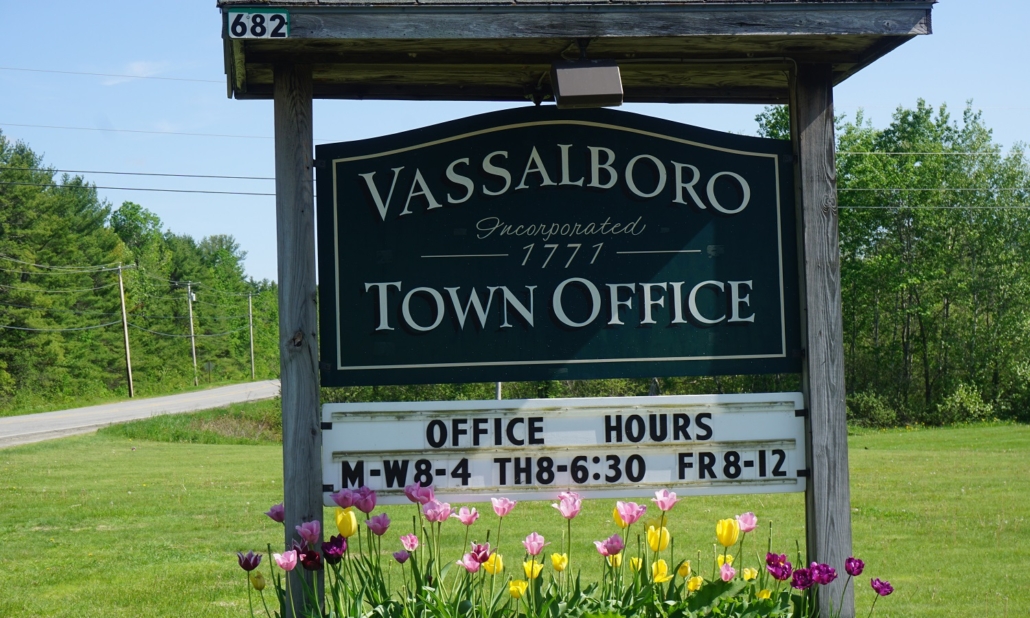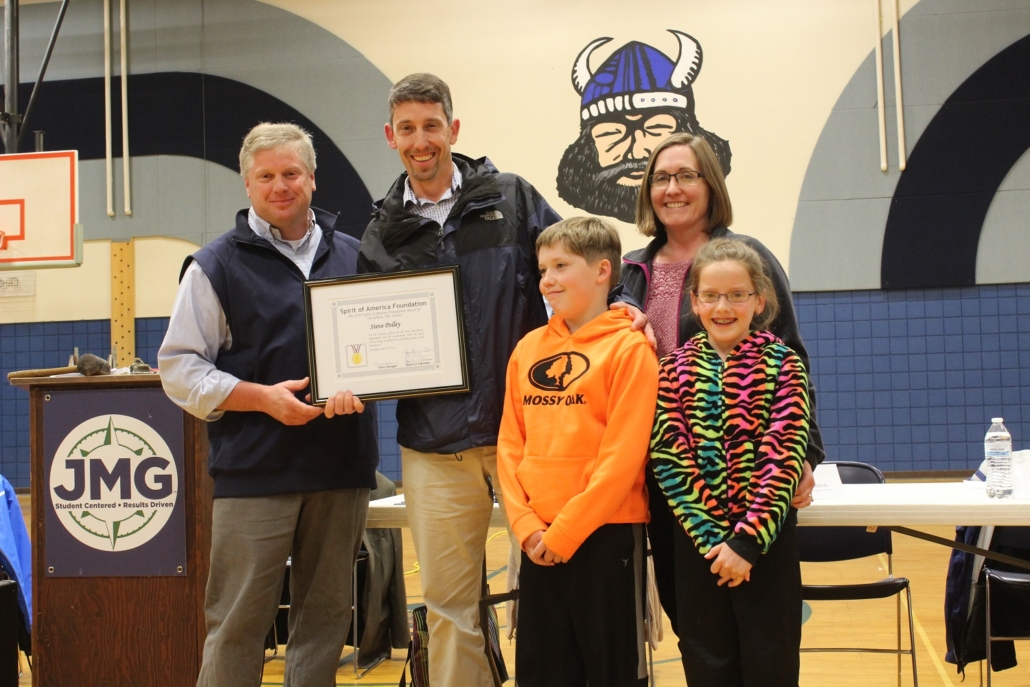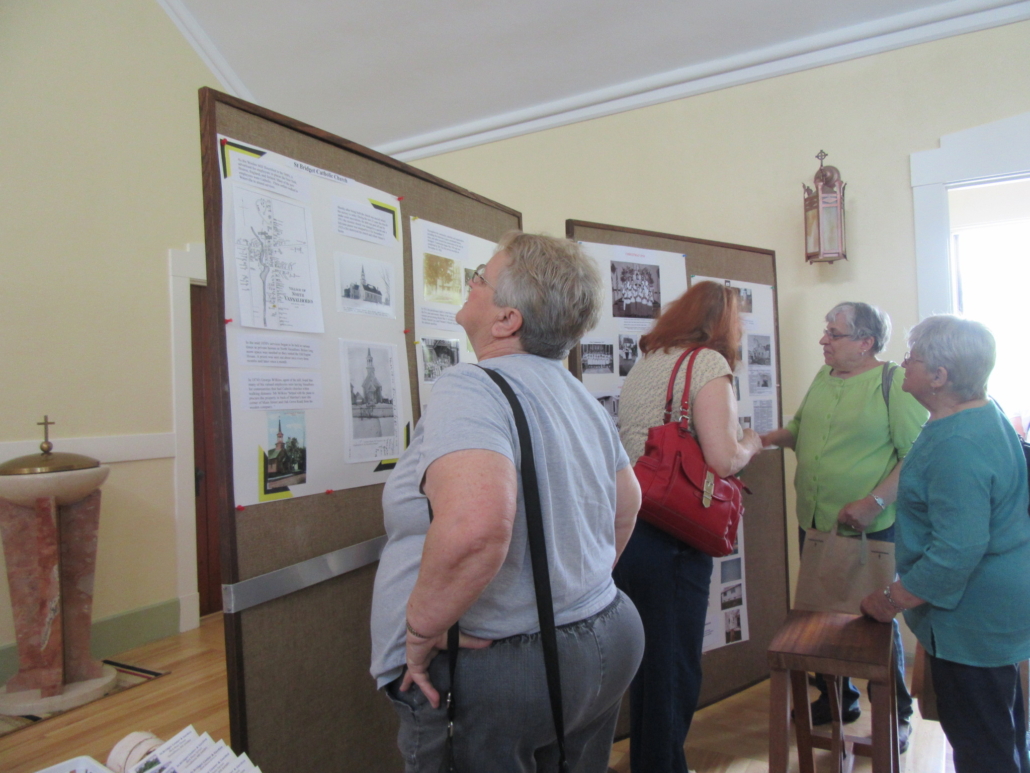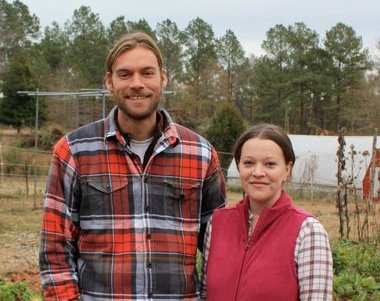
Dylan, left, and Harmony Dillaway, owners of 47 Daisies. (Contributed photo)
When Dylan Dillaway talks about goals for 47 Daisies, the farm he and wife Harmony run on Webber Pond Road, in Vassalboro, he sounds highly idealistic. They’re going to use locally-grown food to connect people to the land and educate them about good things to eat, bring community members together regardless of income levels and other differences, disprove the belief that organic food has to be expensive and make the community healthier.
“Nothing should prevent anybody from being able to participate in the local food movement that’s thriving in Maine,” Dylan said.
And the ideals are turning into reality.
Since 2016, 47 Daisies has been a nonprofit operation providing food access programs to people of all ages and income levels, including housebound people who get deliveries. The Dillaways estimate they have more than 200 recipients throughout Kennebec County; they’re about to start a weekly drop-off program for pre-ordered fruits and vegetables at Ray Breton’s mill in North Vassalboro.
Children’s programs, including cooking classes, a book club and an explorers’ club, have attracted more than 50 youngsters, not counting the school classes, Scout troops and others who come on pre-scheduled farm tours. Recent renovations to the barn have created an indoor educational space that will promote year-round activities.
Beginning June 1 the farm will be open seven days a week for people who want to see what is available or just to spend time outdoors. The property is about 50 acres, half woods and half fields, with about 15 acres in production.
The Dillaways plan to start a community farm program in July: area residents will be invited to buy shares, paying in money, volunteer time or a combination, in return for seasonal produce.

The Dillaway children, Eilah and Basil. (Contributed photos)
More information is available on line at the 47 Daisies website, which includes information on getting in touch with the Dillaways and joining the farm’s programs. Dylan Dillaway said 47 Daisies has more than 400 varieties of vegetables, enhancing its educational value. When a patron buys something unfamiliar, Harmony is ready with suggestions for ways to use it.
Strawberries, raspberries, blueberries and other berries are already produced in season, and a grant let the Dillaways start a fruit orchard that includes apples, pears, peaches, plums, apricots and kiwi fruit.
Mint flourishes along the driveway, shitake mushrooms in a nearby corner. The retail store, converted from a garage/woodshed, sells 47 Daisies produce plus handcrafts and organic Maine food products. WIC and EBT are accepted.
47 Daisies is a Certified Naturally Grown operation; Harmony Dillaway explained it meets U. S. Department of Agriculture standards for an organic farm, but is certified through an organization designed for small farms, with less paperwork than the federal government requires.
Without poisons, Dylan Dillaway said the main way they protect their crops is with barriers between plants and pests, like row covers and electric fences to keep deer away. They also handpick unwelcome insects.
The farm was and still is known locally as the Strong farm; the Dillaways hear with pleasure stories about the Strong family. The name 47 Daisies, Harmony Dillaway said, is a combination of Dylan’s favorite number and her favorite flower.
